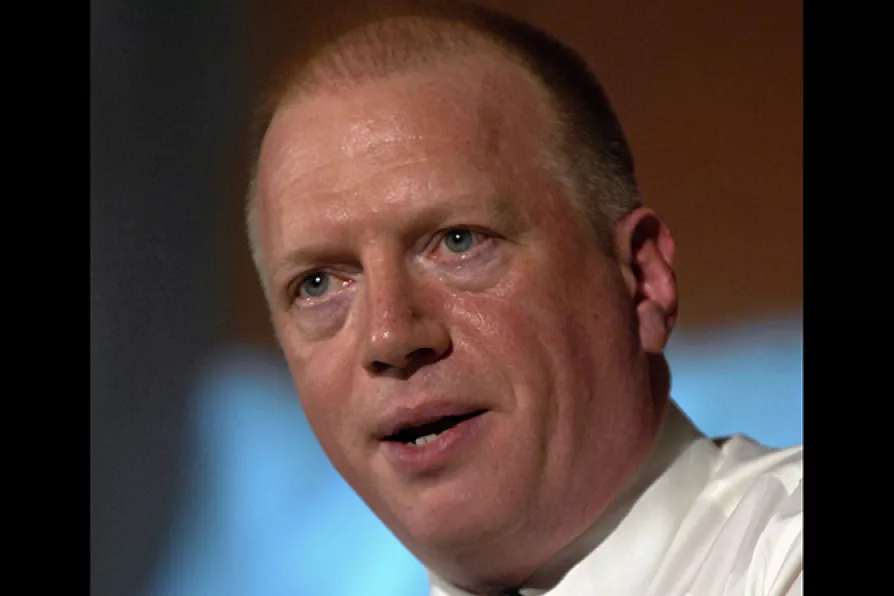The newly elected general secretary of the Aslef train drivers’ union speaks to Ben Chacko about union wins, a welcome shift in approach to the rail sector and what still needs to be done

 FBU general secretary Matt Wrack
FBU general secretary Matt Wrack
THE Minimum Service Levels Act is one of the most significant attacks on working people in a generation.
Under the new anti-strike legislation, “minimum service regulations” in fire and rescue, health, education, transport, nuclear decommissioning and border security will enable employers to require designated workers to attend work on strike days — despite a democratic and lawful vote for strike action; workers will be required to undermine their own demands and campaigns.
Employers will also be granted increased powers to sack union members if they do not work on strike days. Unions will be expected to police members’ attendance at work.

Labour’s watered-down legislation won’t protect us from unfair dismissal or ban some zero-hours contracts until 2027 — leaving millions of young people vulnerable to the populist right’s appeal, warns TUC young workers chair FRASER MCGUIRE

Labour must not allow unelected members of the upper house to erode a single provision of the Employment Rights Bill, argues ANDY MCDONALD MP

It is only trade union power at work that will materially improve the lot of working people as a class but without sector-wide collective bargaining and a right to take sympathetic strike action, we are hamstrung in the fight to tilt back the balance of power, argues ADRIAN WEIR









